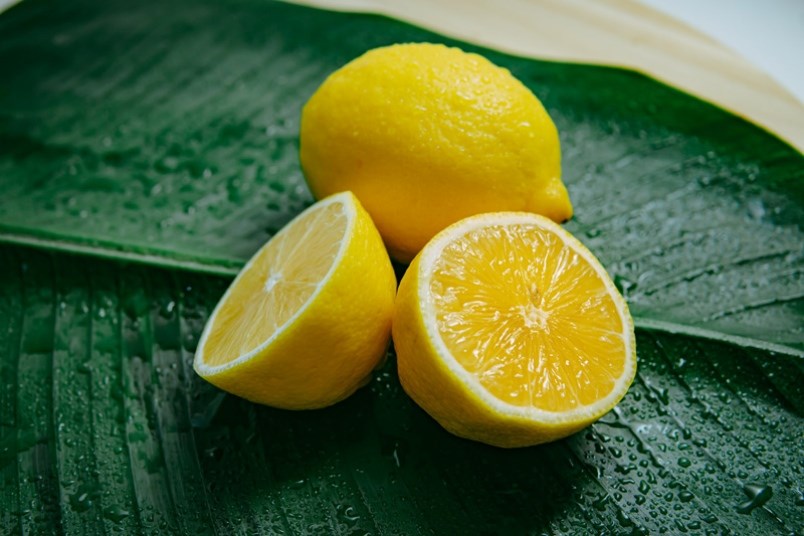EDITOR'S NOTE: OrilliaMatters is partnering with Sustainable Orillia to publish a weekly tip. Check back here every Tuesday evening for a new tip. For more information, visit the Sustainable Orillia website.
Just about now, many of us are experiencing the urge to do some serious spring-cleaning around our homes. There’s something about sunshine coming through our windows that highlights those overlooked corners calling out for attention.
However, before you reach for some of the cleaning products you may have used in the past, Sustainable Orillia believes it timely to promote the eco-friendly virtues of lemons as part of your spring-cleaning routines this year.
Lemons, as you likely know, are a very versatile fruit. They originated in parts of Asia and arrived in Italy around 500 AD. From there they spread throughout the Mediterranean area. In 1492 Christopher Columbus brought lemon seeds to the New World, where they literally took root!
Although most people don’t eat raw lemons, the fruit has become a culinary staple as a flavouring and ingredient in many of our recipes. It’s also renowned for its medicinal properties, particularly as a source of Vitamin C.
Lesser known, however, is how this multi-purpose member of the citrus family can fit into your cleaning routine and leave your home sparkling clean and smelling fresher than ever.
So how can lemons be used for a greener clean around your home? A quick canvas of the internet will provide you with dozens of applications, which we have edited down to the five that seem to have the broadest application for all sorts of homes.
Windows. This is an obvious one and no doubt many of you have already used some version of a water and lemon juice solution to clean your windows. Just fill a spray bottle with water, add a few tbsp of lemon juice and you’re set. If you have some old newspapers lying about, they work brilliantly as a wipe for window cleaning. It’s a great way to repurpose yesterday’s news.
Ovens. This tip works for both conventional oven and microwave clean-ups and proposes you use lemons in place of some of the harsher chemical products often used to clean ovens.
For the microwave, fill a small to medium-sized microwaveable bowl with water and add a couple of tablespoons of fresh lemon juice. Toss in some lemon rinds, as well, if you have them. Place the bowl in the microwave at a high setting for three to five minutes. Don’t open the door yet, though; leave the bowl in the microwave for another five minutes to let the steam do its work.
After which, remove the bowl and wipe down the inside walls. Follow more or less the same process for conventional ovens: fill an oven-safe bowl with a water and lemon solution similar to above and place it in the oven at 250F for 30 minutes. Let the oven cool, remove the bowl and wipe down the inside of the oven. If there are some spots that require more attention, apply a paste of lemon and salt to help finish the job.
Furniture Polishing. Be sure to test this out on a less visible surface first as wood surfaces can vary in response to different treatments. Prepare a mixture of two-parts olive oil with one-part lemon and dab with a clean rag. Then apply it gently to wood surfaces, buff, and your furniture will gleam!
Floors. Adding lemon juice to your water bucket not only picks up grime, it’ll leave your floors shining and smelling fresh. Simply add equal parts vinegar and lemon juice to water and mop.
Cleaning metal. Lemon juice can break down mineral deposits around faucets. Simply spritzer it onto the deposit. Leave it for fifteen minutes and wipe off. To remove tarnish on your copper, aluminum or brass pots, try sprinkling some coarse salt on the cut side of a lemon and then rub gently over the metal surface. Et voila!
We hope you’ll try lemons as a natural, sustainable cleaning option which, along with salt, vinegar, and baking soda are eco-friendly partners in ensuring a chemical-free, green clean around your home.
If and when you decide to get rid of the chemical cleaning agents you may currently be using, be sure to check recycling guidelines in your area for proper disposal.
And keep some lemons handy. No other cleaning product will look as beautiful on your kitchen counter as a big bowl of cheery yellow lemons.
